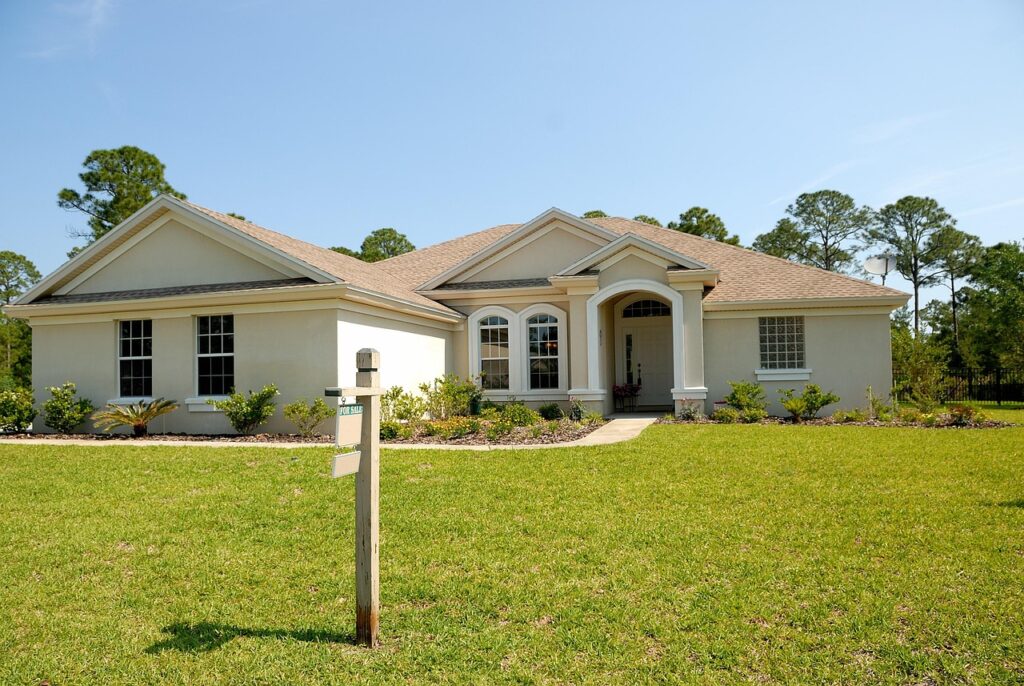Waterloo Region real estate market offers a diverse range of properties, from urban condos to family homes in suburban neighborhoods. It attracts buyers due to its balanced mix of economic growth, quality schools, and community amenities. The average home price in Waterloo sits around $593,000, reflecting a stable market with options for various budgets.
The region covers multiple cities and towns, including Kitchener, Waterloo, and Cambridge, each with its own unique housing trends and opportunities. Listings are regularly updated, providing buyers with up-to-date information on available homes, including virtual tours and neighborhood details.
Buyers and investors can find comprehensive resources for exploring Waterloo Region’s real estate landscape. Whether looking for a starter home or an investment property, they can access detailed market data and tools to make informed decisions.
Waterloo Region Real Estate Market Overview
The Waterloo Region housing market shows varied trends across price points and property types. Buyers and sellers face moderating price changes and shifting demand dynamics, influenced by economic factors and local inventory levels. Neighborhood popularity and future market expectations also shape decisions.
Current Market Trends
In July 2025, the average home price in Waterloo Region was $735,082, reflecting a 6.0% decrease compared to the previous year. Sales volumes have softened, with more inventory available now than in past years. This increased supply has contributed to a more balanced market, giving buyers additional options without the intense competition seen earlier.
The market is moving at a slower pace, with prices adjusting downwards, especially for detached homes. Condos remain relatively stable but also show mild price compression. Sellers are adjusting expectations, often accepting offers closer to asking prices, reducing the previous gap between list and sale amounts.
Popular Neighborhoods in Waterloo Region
Waterloo Region includes key areas such as Kitchener, Waterloo, and Cambridge. In Waterloo, neighborhoods around the university and tech corridors maintain steady demand due to employment centers. Kitchener’s downtown and the north-end areas appeal to first-time buyers and investors for affordability.
Cambridge offers more suburban, family-oriented communities with slightly lower prices on average, attracting buyers prioritizing space. Proximity to transit hubs and schools heavily influences popularity. Established neighborhoods with accessible amenities remain competitive, while newer developments attract interest for modern features and infrastructure.
Property Types and Pricing
Detached homes dominate the market share but have experienced the most significant price decline recently. The average price for detached homes has dropped by roughly 6%, signaling weaker demand or cautious buyer behavior. In contrast, condos and townhomes have shown greater price stability, often preferred for lower entry costs and easier maintenance.
Prices for benchmark properties vary:
| Property Type | Average Price (July 2025) | Annual Change |
| Detached Home | $735,000 | -6.0% |
| Condo | Approx. $450,000 | Minimal decline |
This spread illustrates the market’s segmentation, with detached homes facing more pressure and condos offering a relative value option.
Future Outlook for the Real Estate Market
Economic uncertainty is likely to keep the market subdued in the near term. Continued inventory growth may prevent significant price rebounds. Buyers may benefit from more negotiating leverage, especially for higher-priced detached homes.
Interest rate trends and local job market health, particularly in tech and education sectors, will be crucial indicators. Market watchers expect gradual stabilization but not a rapid recovery to prior highs. Developers and investors remain cautious, focusing on demand for affordable and mid-range housing rather than luxury segments.
Buying and Selling Property in Waterloo Region
The Waterloo Region housing market involves multiple steps for buyers and sellers, including detailed planning and understanding of local practices. Knowing how to approach each phase efficiently can save time and reduce potential risks.
Step-by-Step Home Buying Guide
The home buying process in Waterloo Region begins with setting a clear budget, including mortgage pre-approval. Buyers typically use MLS listings to browse available properties updated frequently, ensuring access to the latest options.
Next, scheduling property viewings and assessing neighborhoods is crucial. Factors such as proximity to schools, transit, and amenities directly impact home value. Once a preferred property is identified, making an offer with contingencies like inspections and financing protection follows.
After offer acceptance, buyers arrange a home inspection and finalize mortgage details. Closing involves signing paperwork and transferring ownership, usually overseen by a lawyer or notary experienced with Ontario real estate transactions.
Selling Strategies for Homeowners
Sellers in Waterloo Region should start by researching comparable market prices to set competitive listing prices. Professional home staging and quality photos increase appeal in MLS listings and real estate platforms.
Marketing through local agencies with MLS exposure and online portals is standard. Open houses and digital advertising expand reach, targeting both local and out-of-town buyers. Timely responsiveness to inquiries can accelerate the sale process.
Homeowners must also disclose material facts about the property’s condition. Negotiating offers requires clarity on the lowest acceptable price and willingness to accommodate deal conditions like closing dates.
Navigating Local Regulations and Permits
Waterloo Region requires compliance with municipal zoning laws and building codes for any property modifications. Buyers should verify permitted uses if considering renovations or expansions before purchase.
Sellers must ensure all permits for recent work are in order to avoid legal complications. Essential permits include those for electrical, plumbing, and structural changes.
Real estate transactions in the region involve taxes such as the Land Transfer Tax, payable at closing. Familiarity with these requirements, plus any regional development charges, is important to plan finances accurately.


